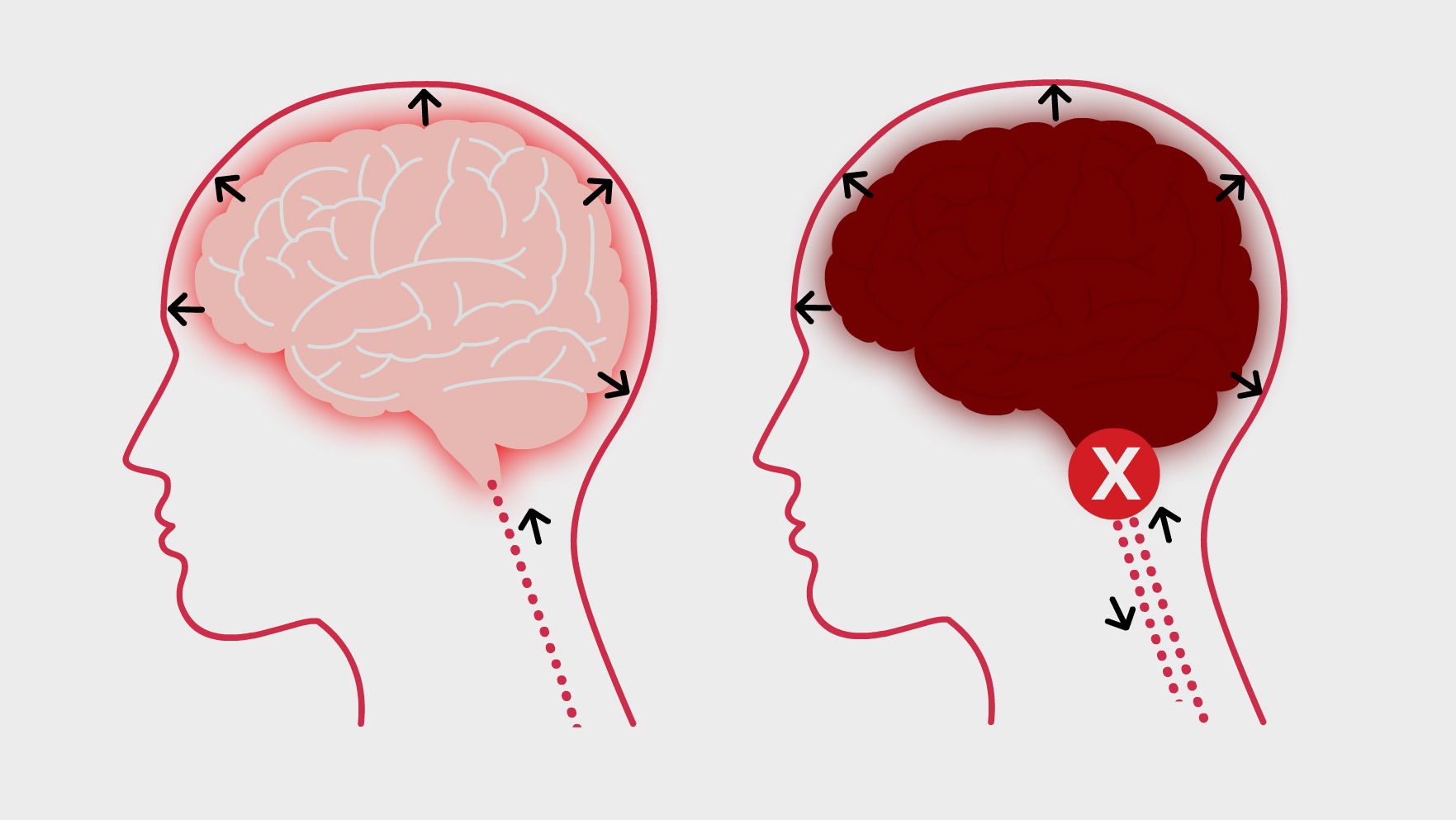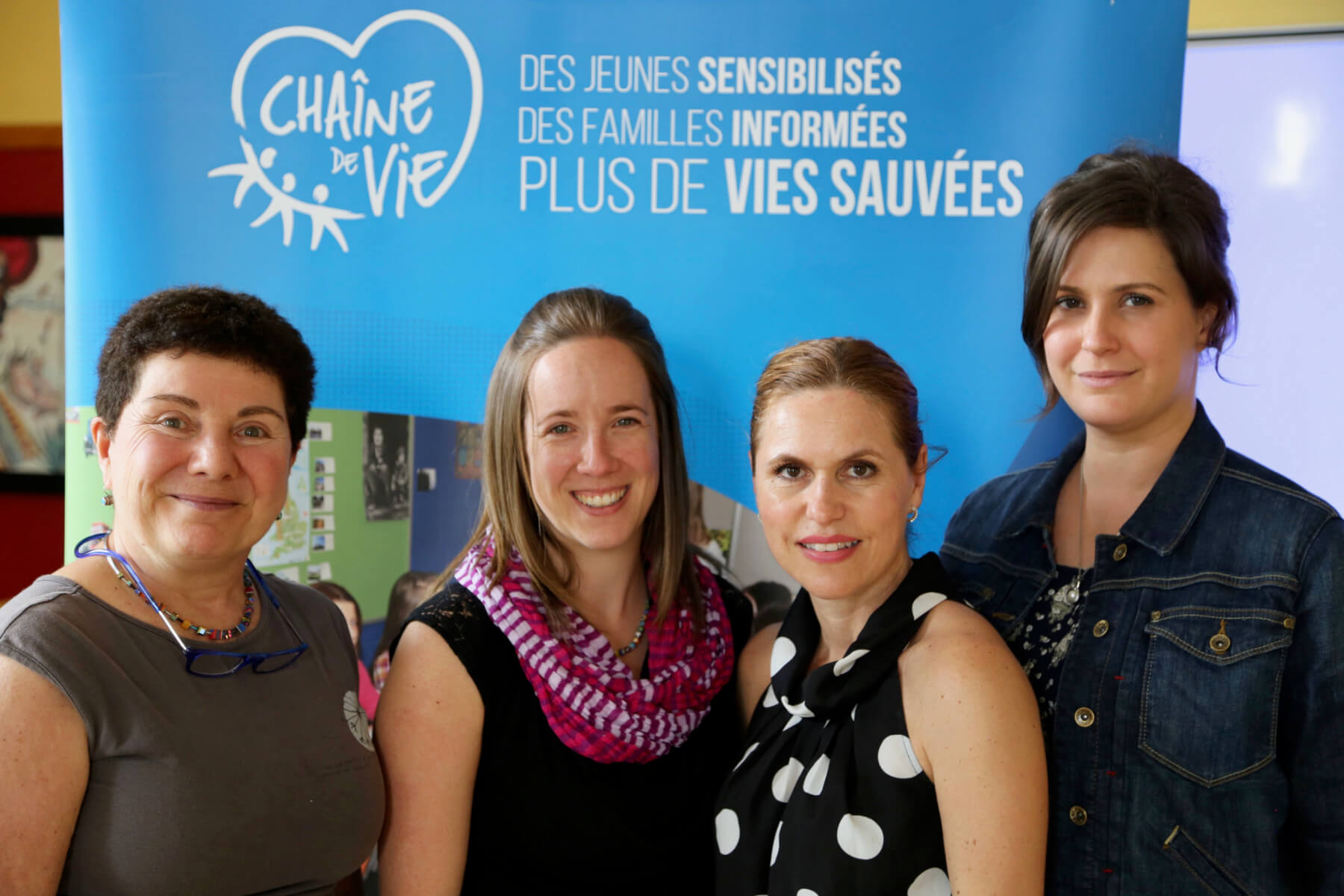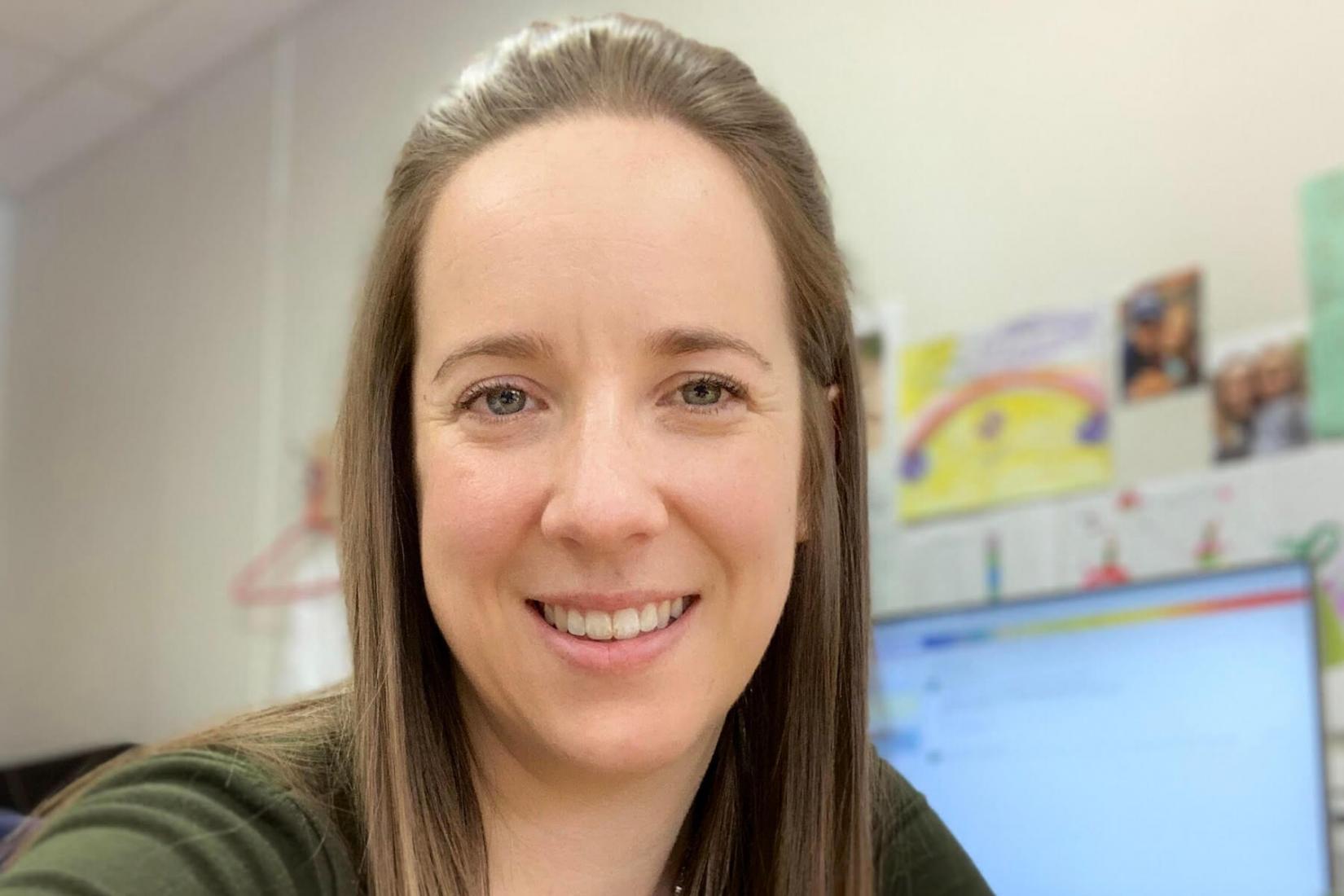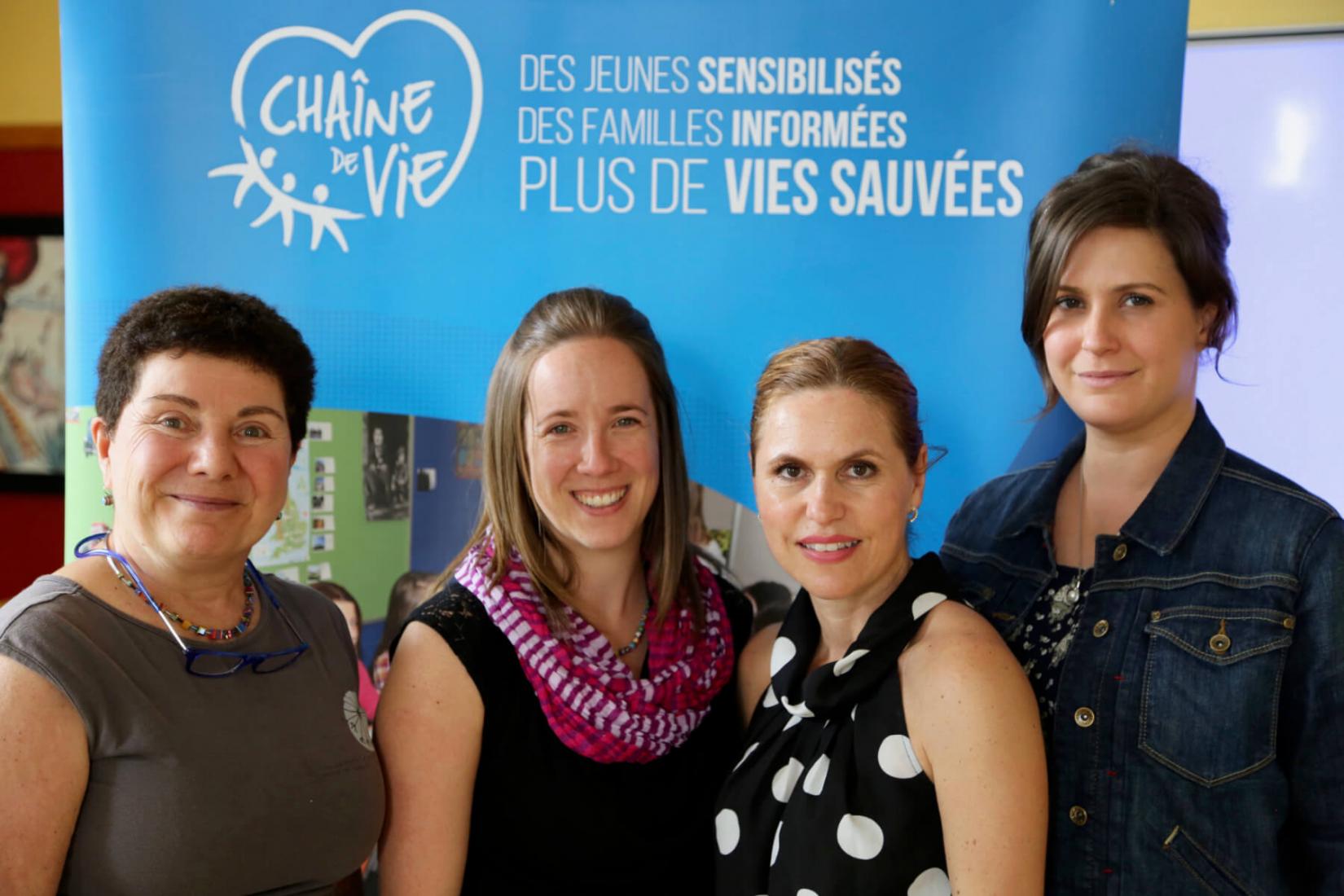
Understanding Brain Death
In Quebec, like elsewhere in the world, there are two types of potential deceased donors: the donor...

The collaboration and joint mobilization between the health sector and the education sector demonstrate the importance that these professionals place on this education program about organ and tissue donation and health.
As a resource nurse, I support families going through difficult situations, very often the loss of a loved one. My role is to accompany and support them in these unforeseen times and the state of shock that follows. Unfortunately, when we are faced with an irreversible situation and death is imminent and certain, their whole world falls apart. At this moment, which is charged with emotion and often void of sense, health professionals must explain the possible options for the end of life and validate with the family what the patient wanted. When donating organs or tissues is an option, we find that the decision is not always easy, especially if the patient's will is unknown. Families want to respect the wishes and values of their loved ones, but if they've never had this kind of discussion before, the decision is often much more difficult.
Thus, it was in order to help these families that I decided to get more involved in promoting organ and tissue donation. Not to convince people, but rather to give them accurate information and a better understanding of the process and to invite them to reflect on a personal level what they would like. By discussing their wishes with their loved ones or expressing them in some other way, they will make it easier for their family to make decisions when the time comes.
It was with this desire to make a difference and while involved in a school project that I discovered Chain of Life and met Lucie Dumont. Seeing the incredible wealth of this pedagogical material and the unique experience it offers young people to become ambassadors of family discussion, I began to take more interest in the program. After approaching the establishments in our region several times and thanks to the support of several key players, all secondary schools in the Sherbrooke area have joined the Chain of Life movement in order to offer this enriching experience to teens aged 15 to 17. This collaboration and joint mobilization of the health sector and the education sector demonstrate the importance that all these professionals place on this education program about organ and tissue donation and health.


We hope that the Estrie region, through this innovative partnership, will be able to convince other regions to join the Chain of Life movement in order to offer all Secondary IV and V students and their teachers this gift, this unique experience, that will forever change their view on life and health.
Resource nurses and other health professionals are committed to helping families make informed decisions and to supporting them in respecting the wishes of deceased patients, but to get there, it is essential to act proactively by educating the general public and increasing their awareness. It is with sensitized young ambassadors, an informed population and committed professionals that we can most definitely save more lives and promote better health for all!
Sara Lemieux-Doutreloux,
Resource nurse, CIUSSS de l’Estrie CHUS

In Quebec, like elsewhere in the world, there are two types of potential deceased donors: the donor...